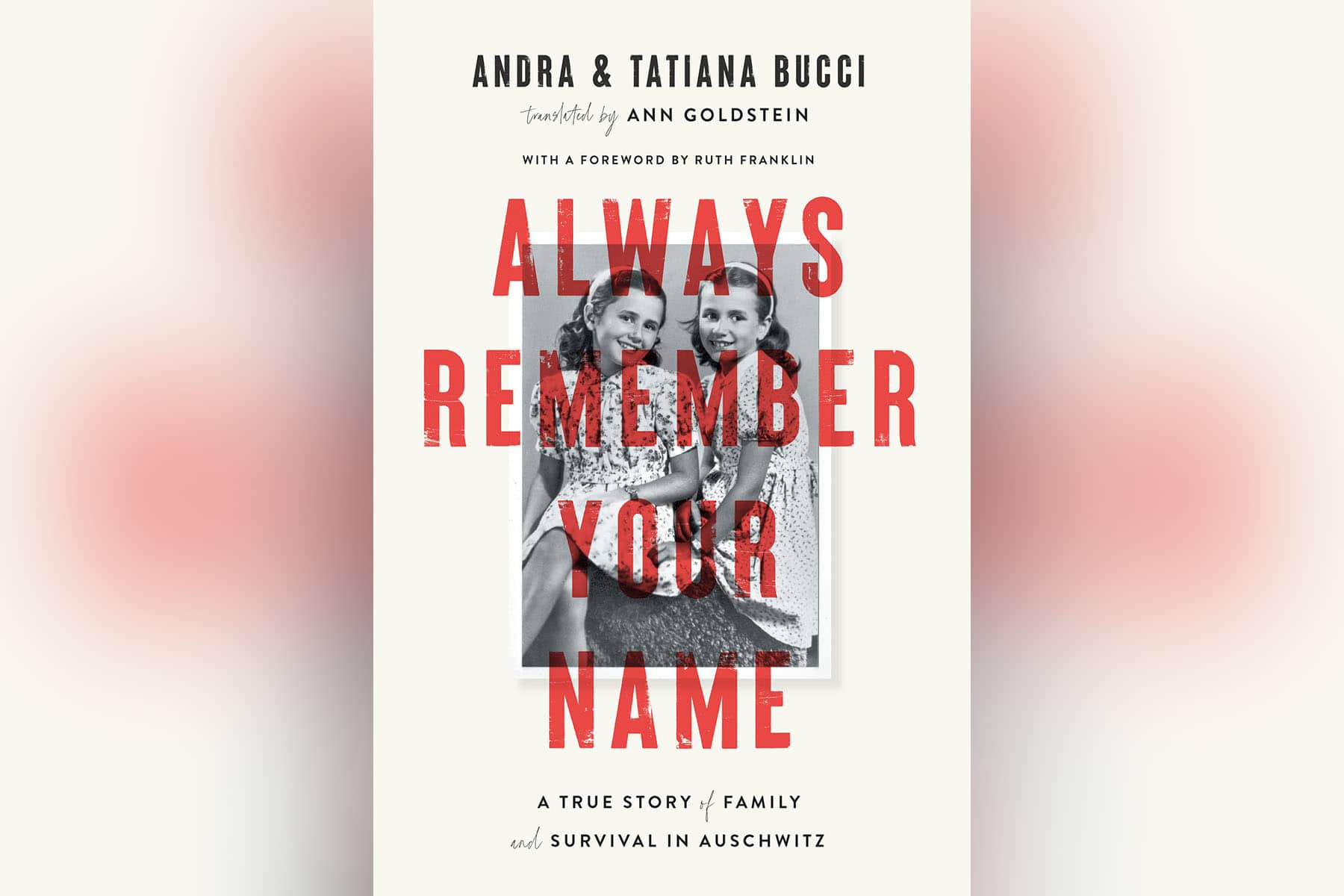
“Always Remember Your Name: A True Story of Family and Survival in Auschwitz” (Astra House, January 2022) is a unique and haunting memoir told from the perspective of child survivors. Andra and Tatiana “Tati” Bucci were four and six years old, respectively, when they were deported to the death camp of Auschwitz-Birkenau. Unlike the hundreds of thousands of children who perished, the Italian sisters miraculously survived and reunited with their family.
The renowned Jewish translator of “Always Remember Your Name,” Ann Goldstein, was introduced to the sisters’ story at the beginning of the coronavirus pandemic. A former editor of The New Yorker, Goldstein is no stranger to Holocaust memoirs. She translated Piera Sonnino’s autobiography, “This Has Happened: An Italian Family in Auschwitz.” Goldstein received a Guggenheim Fellowship in translation and edited “The Complete Works of Primo Levi.” Goldstein was struck by the Bucci sisters’ young ages at the time of their deportation and their experiences following Auschwitz.
“What I found moving was the whole story of how they survived, and then had their lives, and then understood and came around to talking about it. That’s sort of huge. They didn’t start talking about it until they were quite old. They already had a lifetime in-between. I mean, Primo Levi got back from Auschwitz and immediately wrote down everything that he could remember,” explains Goldstein, who was determined to maintain the authenticity of the sisters’ voices. “I think [“Always Remember Your Name”] is unusual because it has no literary pretensions and, yet it’s kind of beautifully written in its simplicity. Also, the double voice of the sisters is amazing.”
“What I found moving was the whole story of how they survived, and then had their lives, and then understood and came around to talking about it … They didn’t start talking about it until they were quite old.”
As part of the process of translation, Goldstein had to research the sisters’ birthplace in present-day Croatia. “I didn’t know anything about Fiume or about its relationship to the Austria-Hungarian Empire,” admits Goldstein. Fiume, a Roman settlement from the third century, was under the rule of various countries throughout the centuries—including Austria, Croatia, Hungary, and France—until 1918, when it became a major issue in the postwar peace settlements. It was given to Yugoslavia, but later ceded to Italy in 1924 when Benito Mussolini came to power. The Germans took control of Fiume in 1943. A year later, the Bucci sisters and their family were arrested in their home by Nazis.
Goldstein first translated the chapter on Auschwitz, in which the sisters detail the horrors of their ten months in the extermination camp. The daughters of a Jewish mother and Catholic father, Andra and Tati are often questioned regarding why they weren’t immediately sent to the gas chambers like their aunt and grandmother. They believe it was due to the quick-wittedness of their mother, who determinedly emphasized the sisters’ Christian roots during the selection process.
The children of the Kinderblock were constantly surrounded by cold, confusion and death. “Bodies piled in a corner, heaped up in a barrack, transported by other prisoners,” the sisters write. “We play around what Tati calls the ‘pyramid of corpses’: white, skeletal, striking.” They see the endless smoke rising from the crematoriums. The authors are most tortured by the fate of their young cousin, Sergio, who is murdered after serving as a Nazi doctor’s human guinea pig.
Following the camp’s liberation, the sisters were sent to Prague and then Lingfield House, an English institution that took in hundreds of child survivors. The extraordinary establishment in Surrey was led by Anna Goldberger and Anna Freud.
“That is an incredible story—that Anna Freud took all these refugees and, to varying degrees, gave them their lives back,” adds Goldstein. “I think that all Holocaust memoirs should be shared. If you’re able to recount that experience, I think it’s important for people to hear it. I think anyone who has that story to tell should tell it if they can.”
Eve Rotman is a writer on the West Coast. Follow her on Twitter @EveRotman






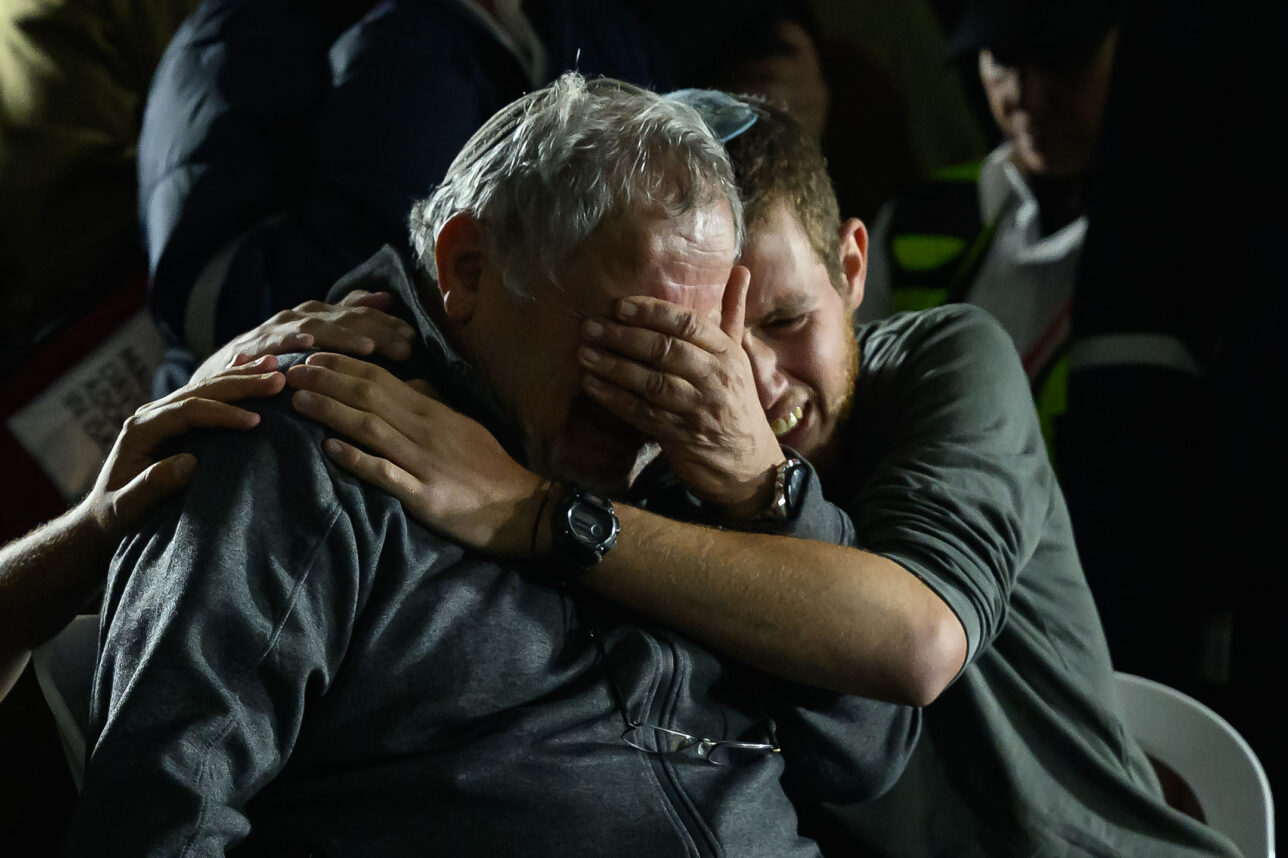

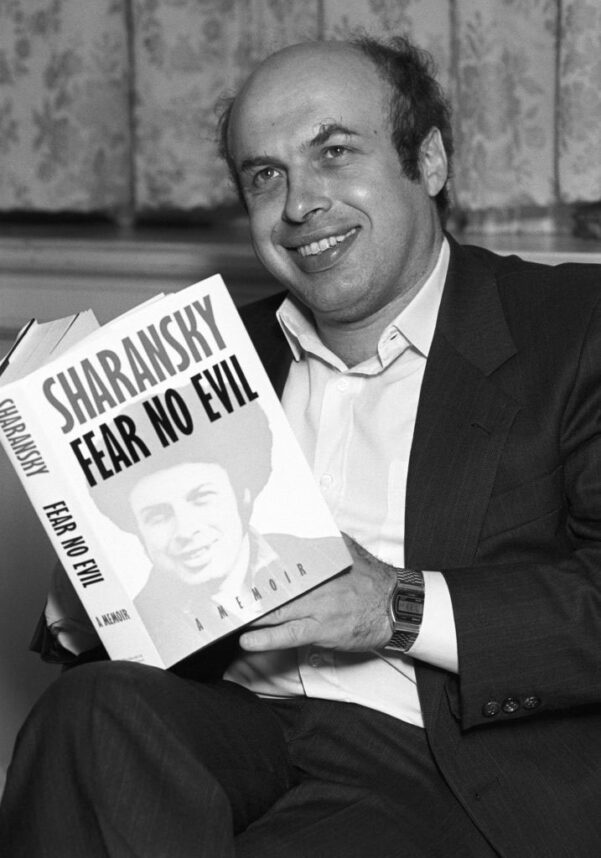



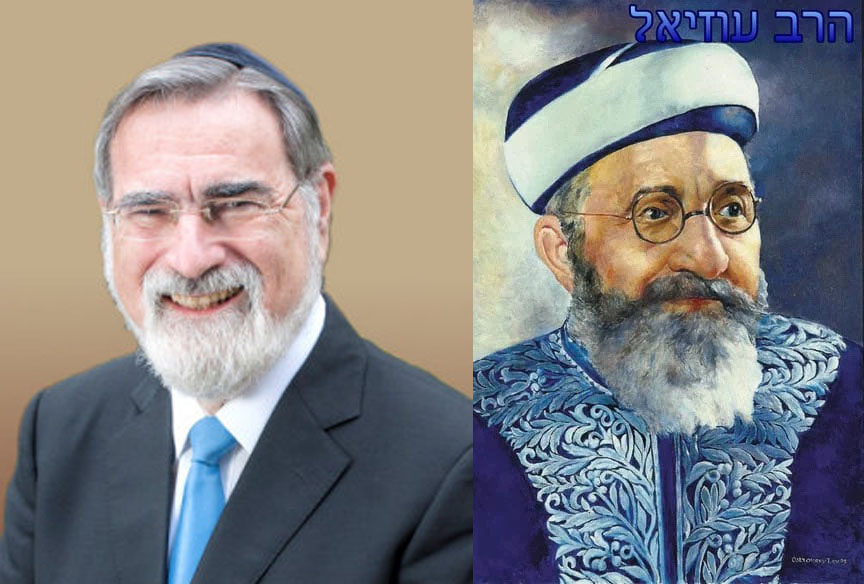
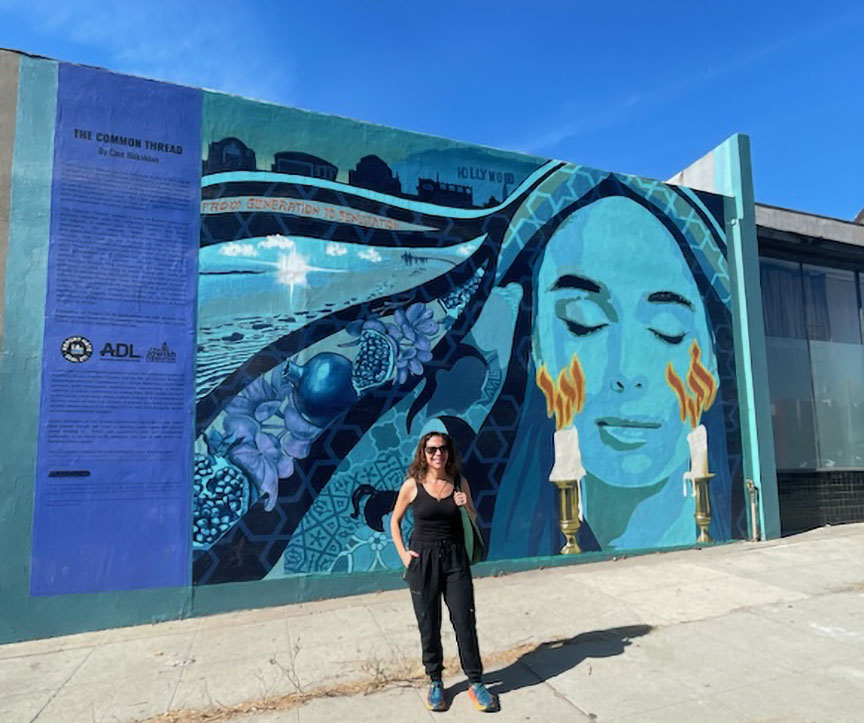







 More news and opinions than at a Shabbat dinner, right in your inbox.
More news and opinions than at a Shabbat dinner, right in your inbox.